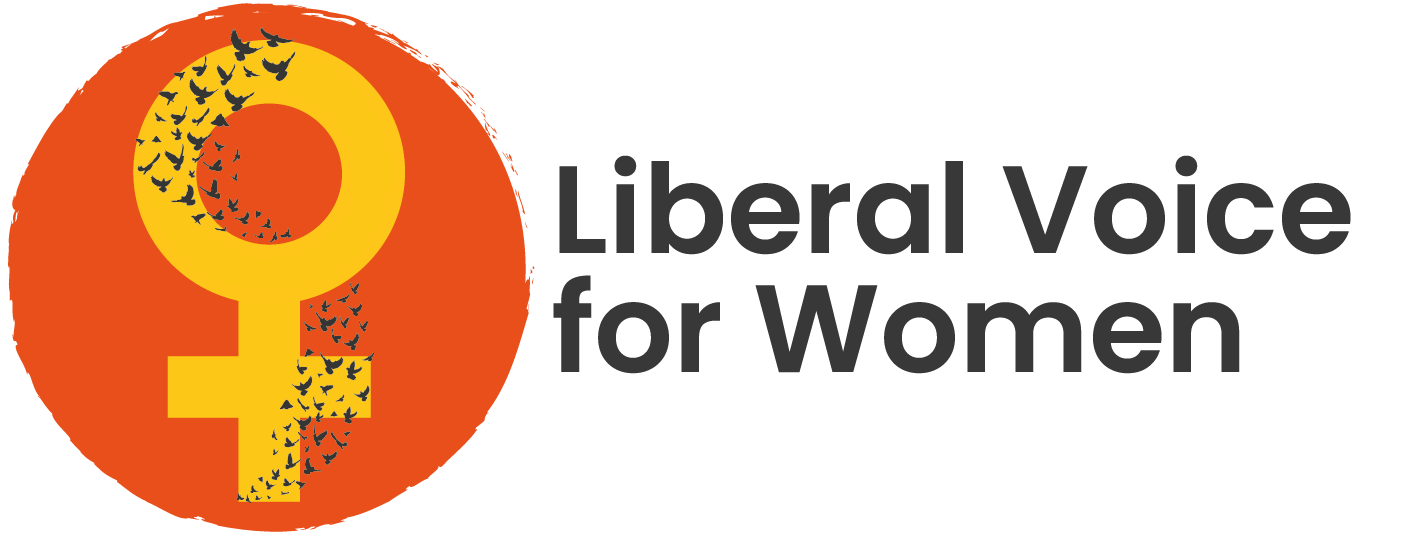In January 2021, Liberal Voice for Women submitted the following motion for Spring Conference:
Young People and Gender Dysphoria
Conference notes that:
A. The number of young people, especially adolescent girls, with gender dysphoria has risen steeply the last decade.
B. Young people with gender dysphoria deserve respect, compassion, and high quality, evidence-based care, following the principle ‘first, do no harm’.
C. Concerns from clinicians, parents and patients about inappropriate use of puberty blockers by NHS England’s only specialist clinic for under-18s with gender identity issues were addressed in the Bell & Mrs A - v- The Tavistock case, in which the high court ruled against the Tavistock, in December 2020.
D. The “psychological effects” of puberty blockers when used to treat gender dysphoria in under-18s, and “whether hormone blockers affect the development of the teenage brain or children’s bones,” are unknown (NHS website, updated June 2020).
E. The “vast majority” of those starting puberty blockers “proceed to the use of cross-sex hormones, and its potential life changing consequences for a child” (Bell), including infertility and loss of sexual function.
F. In September 2020, the NHS announced an independent review into gender identity services by Dr Hilary Cass, former President of the Royal College of Paediatrics and Child Health: “wide-ranging in scope...with a focus on how care can be improved for children and young people...It will also...examine the recent rise in the number of children seeking treatment.” (Recommendations due in 2021).
Conference recognises that:
(i) A majority (60-90%) of children will outgrow their dysphoria, many becoming homosexual adults. The adolescent-onset group is new and as yet unstudied so caution is needed.
(ii) A high proportion also suffer other complex problems, including trauma, autism, a history of sexual abuse and ADHD.
(iii) With almost all young people starting puberty blockers proceeding to cross-sex hormones, the potential adverse consequences of both medications must be considered from the start.
(iv) Young people who detransition will probably have suffered significant harm and may seek compensation for a serious failure of care.
(v) The Bell ruling does not undermine the principle of Gillick competence (under-16s’ ability to consent to medical treatment when they “have enough intelligence, competence and understanding to fully appreciate what’s involved” - NHS website) but is an application of that principle. The legal basis of allowing adolescents to seek and be granted contraception and abortion services is unaffected.
Conference believes that:
(a) Young people with gender dysphoria deserve the same level of care as any other group.
(b) The treatment of children with gender dysphoria requires thorough individual assessment and consideration of the long-term interests of the child.
(c) An ethical, psychotherapeutic approach should not be conflated with ‘conversion therapy’.
(d) This reality does not undermine or bring into question the reality or rights of trans men and women.
(e) Treatment for gender dysphoria, including transition, should continue to be available to adults.
Conference calls for:
The party to back the Bell ruling on puberty blockers and to oppose any attempt to overturn it by legal or legislative means.
Care for young people with gender dysphoria that addresses individual circumstances, quality of life, long-term outcomes and fully informed consent.
A psychosocial approach as first line of treatment; with funding for training at local tier 1 and tier 2 levels, e.g. CAMHS, to ensure development and provision of accessible high quality therapeutic services for gender dysphoric children.
Discussion of these issues free from political, ideological or financial influences.
The motion was rejected by the Federal Conference Committee. We submitted an appeal; this was unsuccessful.
